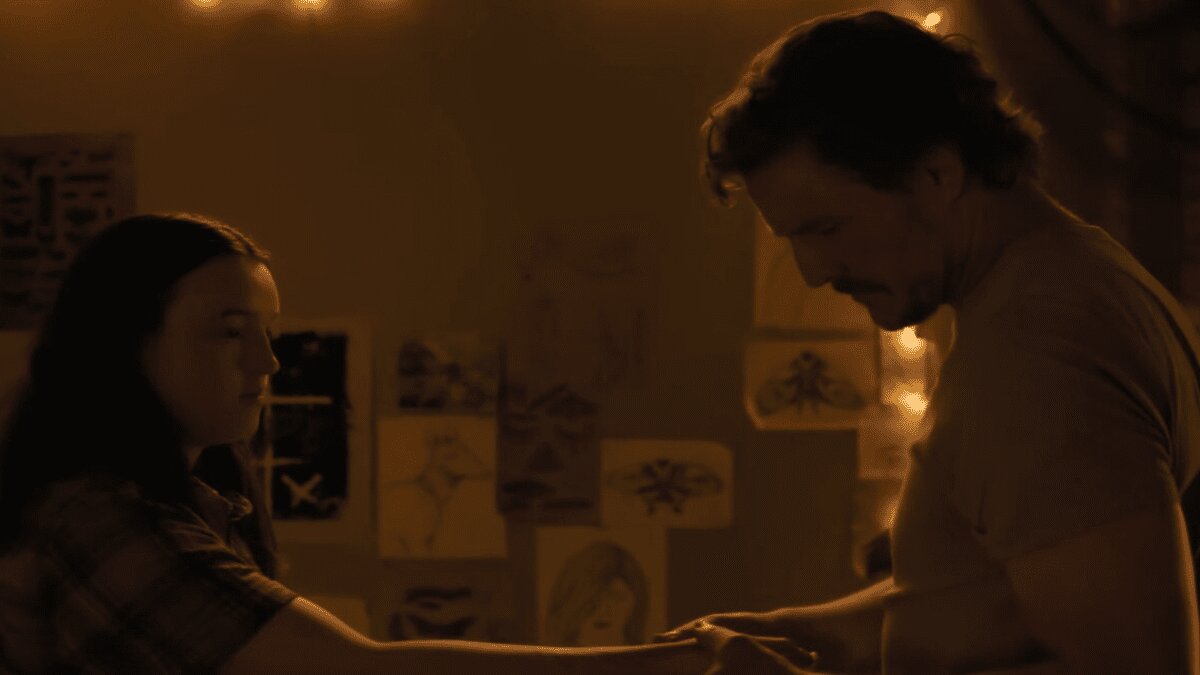The Last of Us Season 2, Episode 6 brings the show back to its deeply emotional roots after a polarizing previous episode. Directed by Neil Druckmann, this installment focuses on the complex relationship between Joel and Ellie, giving fans the character-driven drama that made Season 1 so powerful.
The episode opens with a new, game-original scene where young Joel shares a tense and painful moment with his father (played by Tony Dalton), revealing the abuse and trauma that shaped him. This backstory adds layers to Joel’s character and helps explain the weight he carries into his relationship with Ellie.
We then see a series of flashbacks highlighting Joel and Ellie’s evolving bond—moments from their time in Jackson, tender memories like a museum visit, and more. These sequences beautifully mirror the game’s storytelling and remind viewers of the emotional foundation their relationship is built upon.
However, the episode also reveals the fracture that grows between them. Ellie’s discovery of Joel’s dishonesty about the Salt Lake City events leaves her questioning their trust. By her seventeenth birthday, Ellie is asserting her independence, while Joel wrestles with the consequences of his decisions.
A pivotal mission reveals Joel’s strict adherence to protocol when he encounters Eugene, an infected man who begs to see his wife one last time. Joel denies this request, but later lies to Eugene’s wife, saying her husband committed suicide. Ellie exposes Joel’s lie, telling the truth about Eugene’s plea and Joel’s broken promise, deepening the rift between them.
The episode ends with a raw confrontation between Joel and Ellie. Joel admits he would make the same choice again out of love, but Ellie, hurt and uncertain, says she doesn’t know if she can forgive him—though she wants to try.
Ellie then sets out alone into rainy Seattle, possibly heading to meet Abby, signaling the approaching climax. With just one episode left, the season promises a tragic conclusion, emphasizing that the true horror lies not in the infected, but in the human costs of love, betrayal, and legacy.


